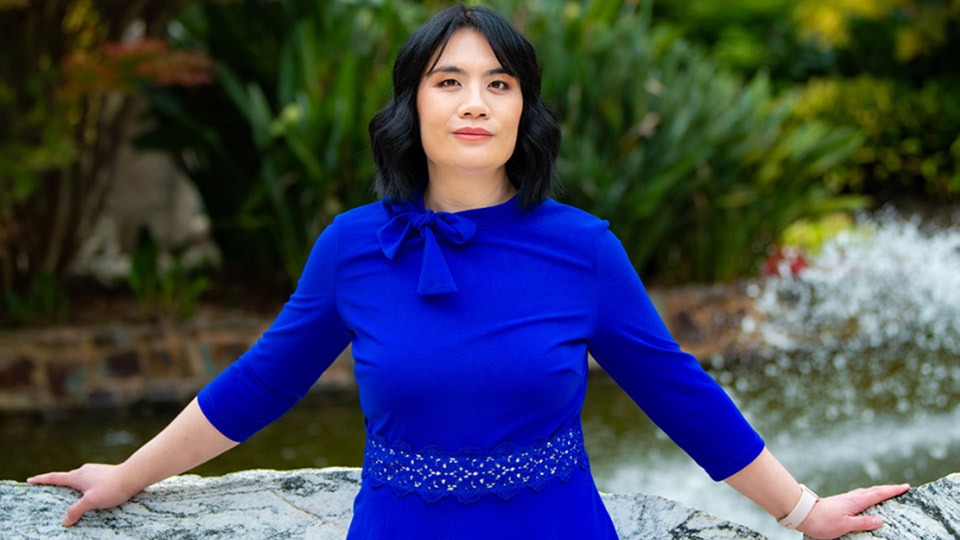On 10 September 2008, my life changed forever. After being hit by the car in a hospital carpark while I was on my way to work, the impact broke my back and I became a paraplegic, paralysed from the waist down. I was diagnosed with a spinal cord injury, and was told I would never walk again. I was only 28. I remember how devastated I felt, the anguish, along with the mental and emotional pain.
Being a patient on the other side of the healthcare system, the days in the hospital were challenging and an eye opener. I felt like a pin cushion, with drips on my arms, a catheter and a feeding tube up my nose. I had never felt so vulnerable. For months after my spinal surgery, I used all my will power and tried my best to move my legs day in, day out, but I couldn’t. I felt such intense grief and loss following my injury.
“Will I ever be able to walk again?”
“Will I ever be a doctor? That was my identity, that was all I knew…”
“I’m such a burden to my husband, will he leave me?”
“Will I ever have kids?”
My self-worth which was already low at that point plummeted to the bottom. I was in hospital for 6 months. I had to adjust to life being in a wheelchair, day in and day out. But I never gave up my hope and dreams of walking again. I so badly needed to walk again, not only because I wanted to be mobile but mainly because I wanted to have my identity back. Even an identity that lacked self-worth.
One day I heard about Project Walk, a centre for Spinal Cord Injury Recovery in San Diego in 2010, a rehabilitation centre that helps SCI survivors walk again. I told myself that I have to give myself a chance to walk again and I will do everything and anything it takes to achieve my goal to walk again. With my supportive husband John by my side, we relocated to San Diego so that I could do intensive rehab at Project Walk for a couple of years.
During my intensive rehab, I was both angry and scared at the world. I was angry that everyone else moved on and had a normal life but I didn’t. I was suffering physically, mentally and emotionally from grief and loss. I was grieving over the fact that I could no longer have normal legs and that I had to learn to walk all over again, like a baby. I was scared that I might never walk again and that thought terrified me.
At first, I thought that the state of art technology was what was going to help me but after spending three years there I realised that my experience at Project Walk taught me a far more powerful life lesson: self-compassion. See, my experience to learn to walk again was the exact opposite of my life as a resident doctor:
- Instead of being on autopilot, I had to be mindful of each step I took.
- Instead of being a lone ranger struggling to seek help, I connected with fellow spinal cord injury survivors, bound together by our common humanity and our common suffering being spinal cord injury.
- Most important of all, instead of being a perfectionist beating myself up for every mistake I made, I learnt to accept myself for who I was.
Mindfulness, common humanity and self-acceptance. These are the 3 pillars of self-compassion, and these were the things that gave me self-worth.
I still need two canes to get around, but I don’t let that stop me from doing the things that I love. I resumed my career in 2013 when I returned from Project Walk. I became a dual trained rehabilitation and pain specialist, I went on to have 2 beautiful children whom I adore, I gained the respect of medical colleagues and most important of all, I accepted myself for who I was. I am now walking proudly with a limp and 2 canes.
This experience made me a better doctor because it made me more compassionate and empathetic towards my patients. Being both a doctor and a patient widened my perspective on a personal and professional level. This gave me the ability to fully know how my patients feel and have to experience, and that we can all be better doctors for it.


